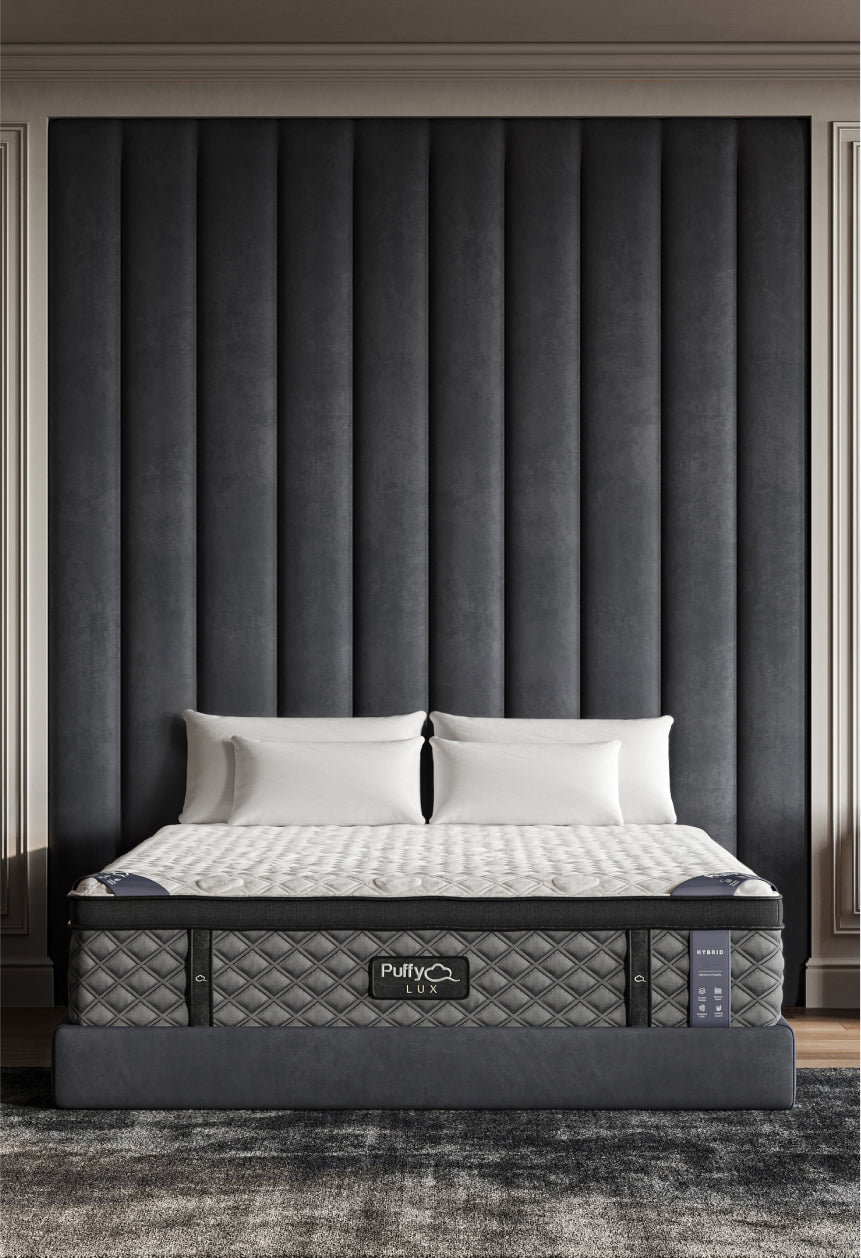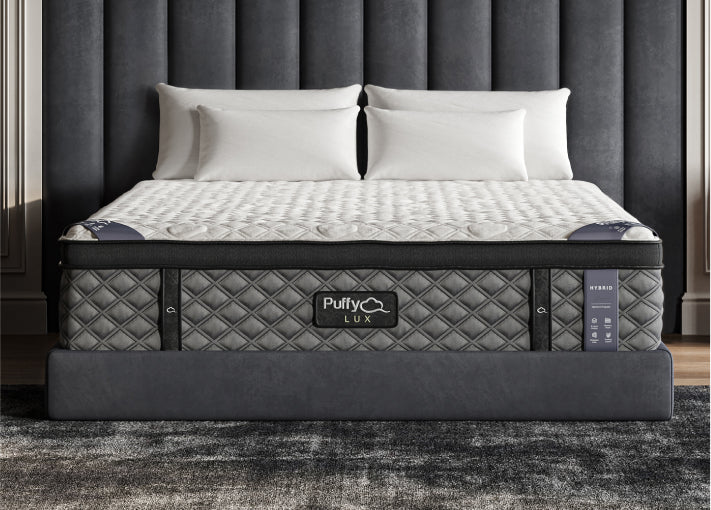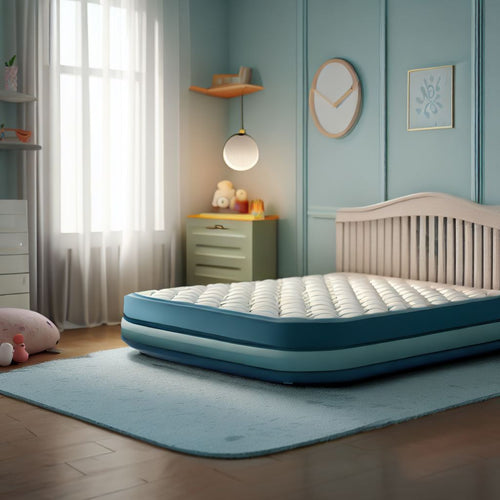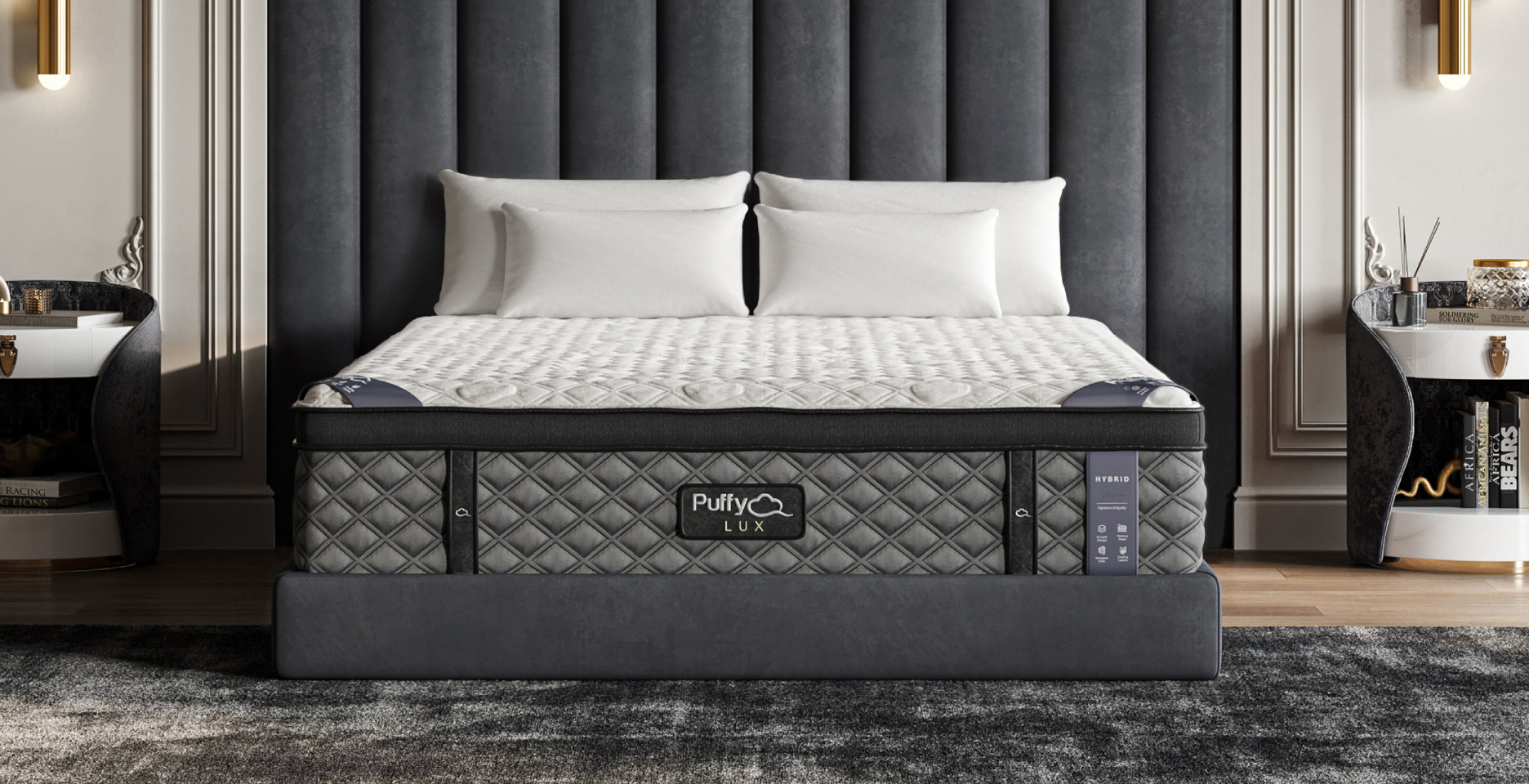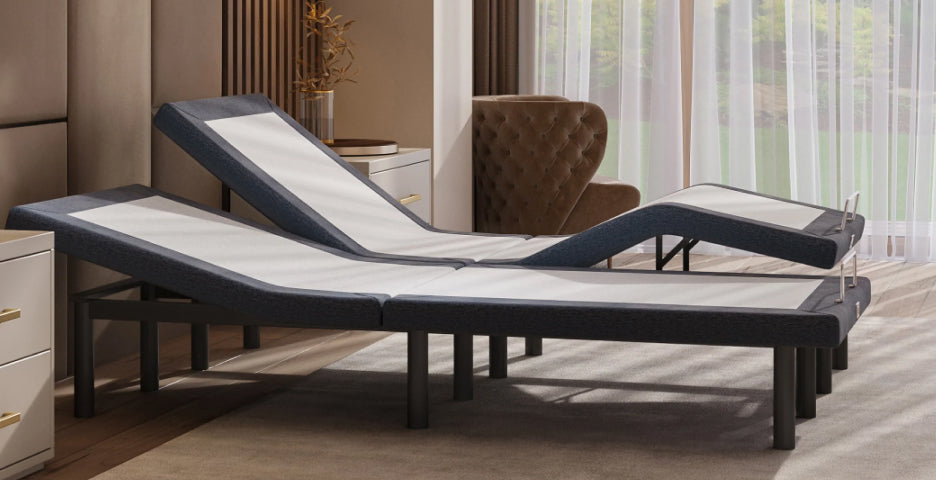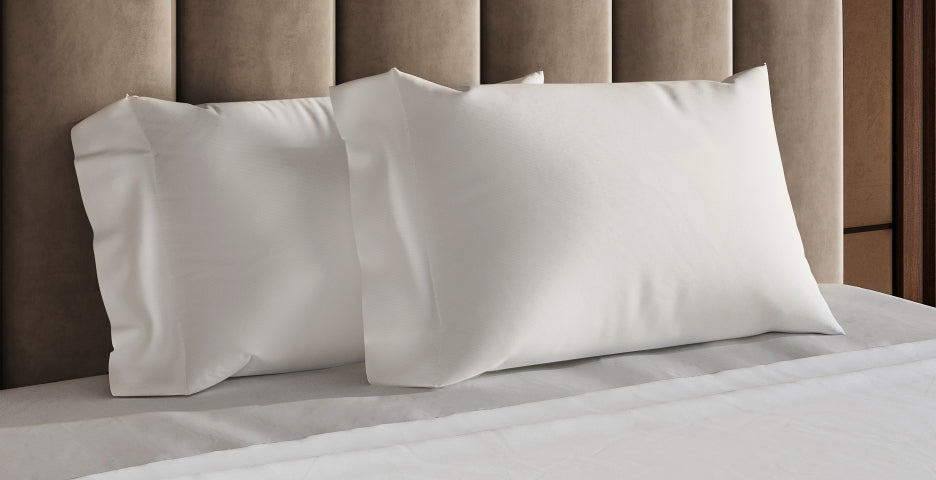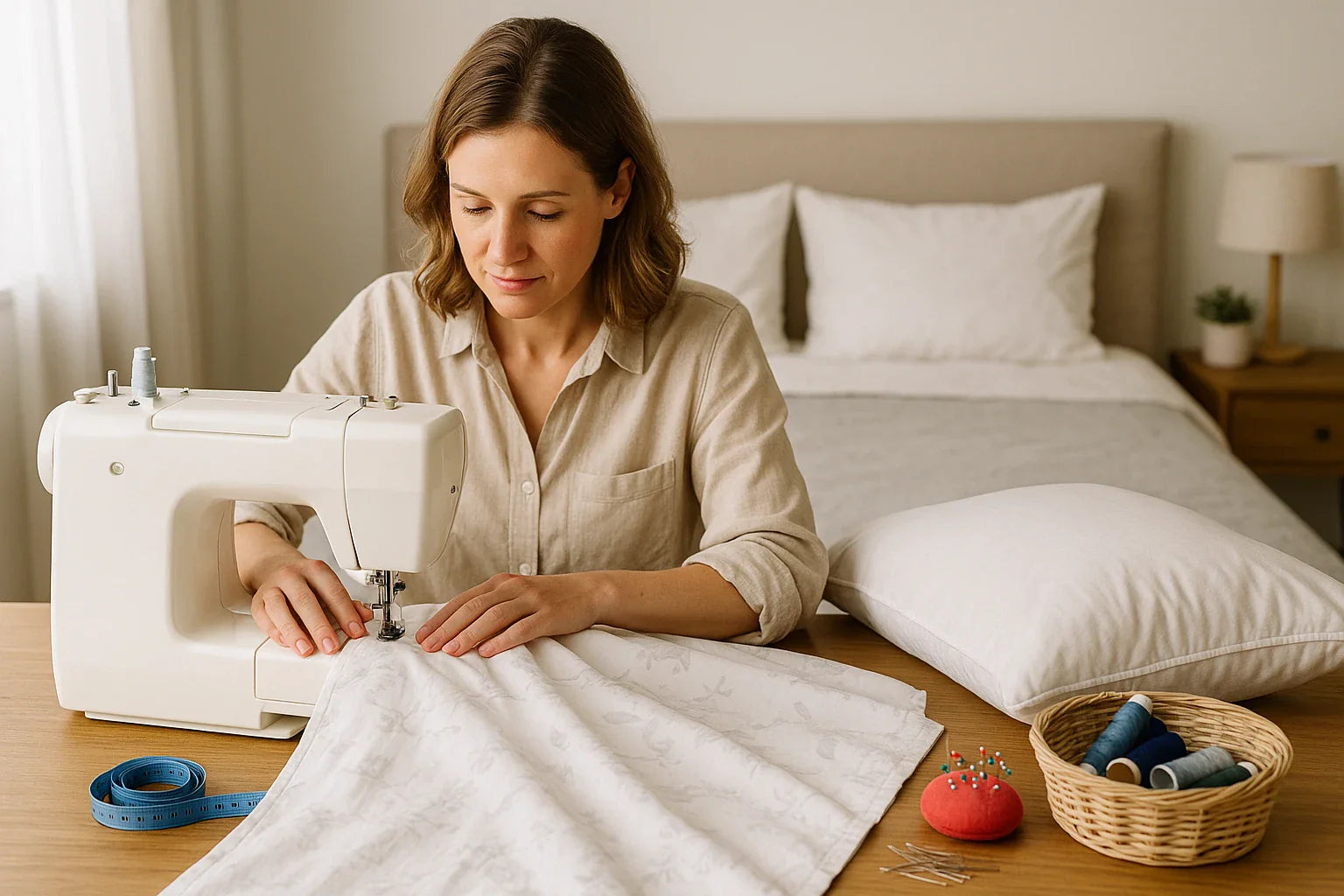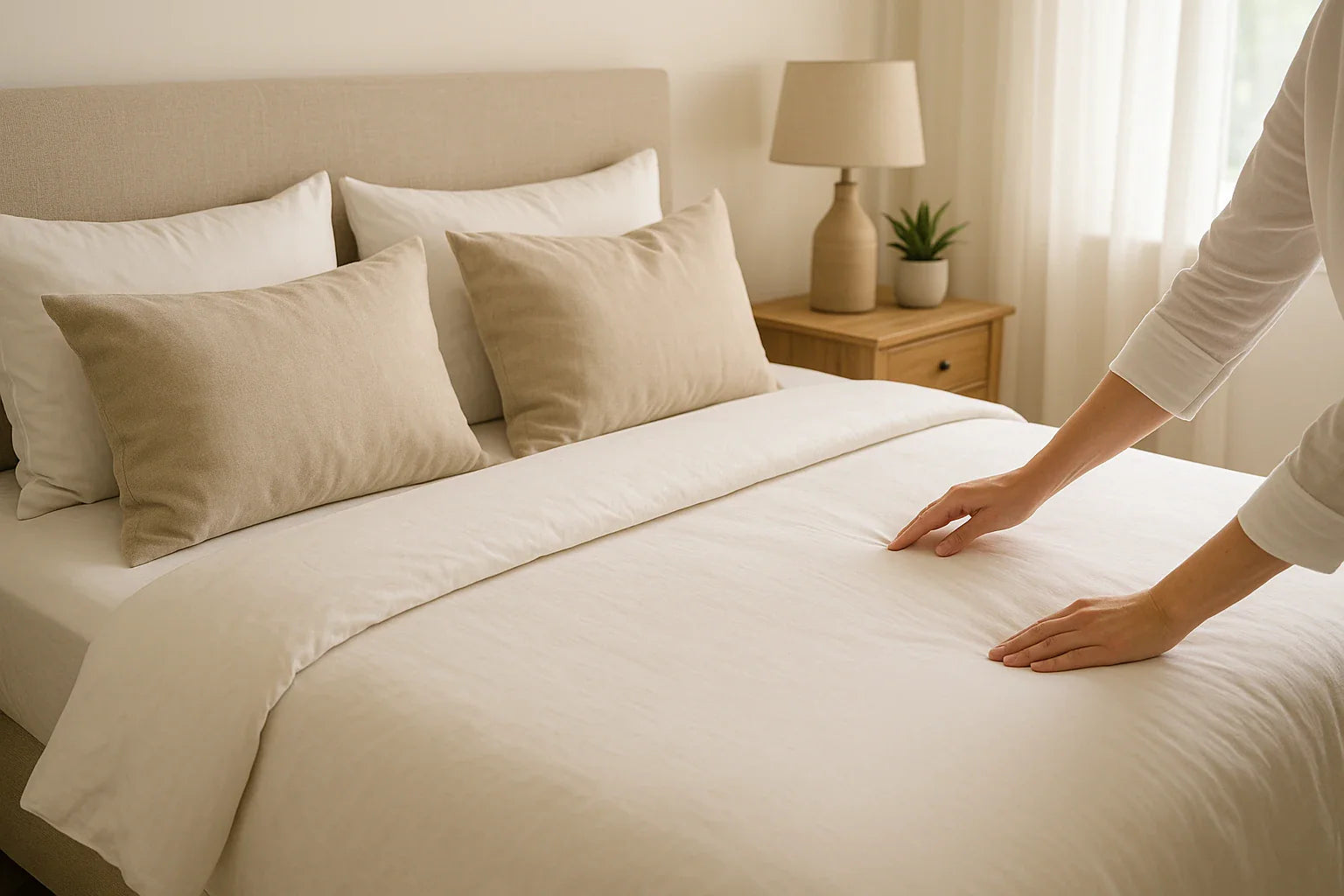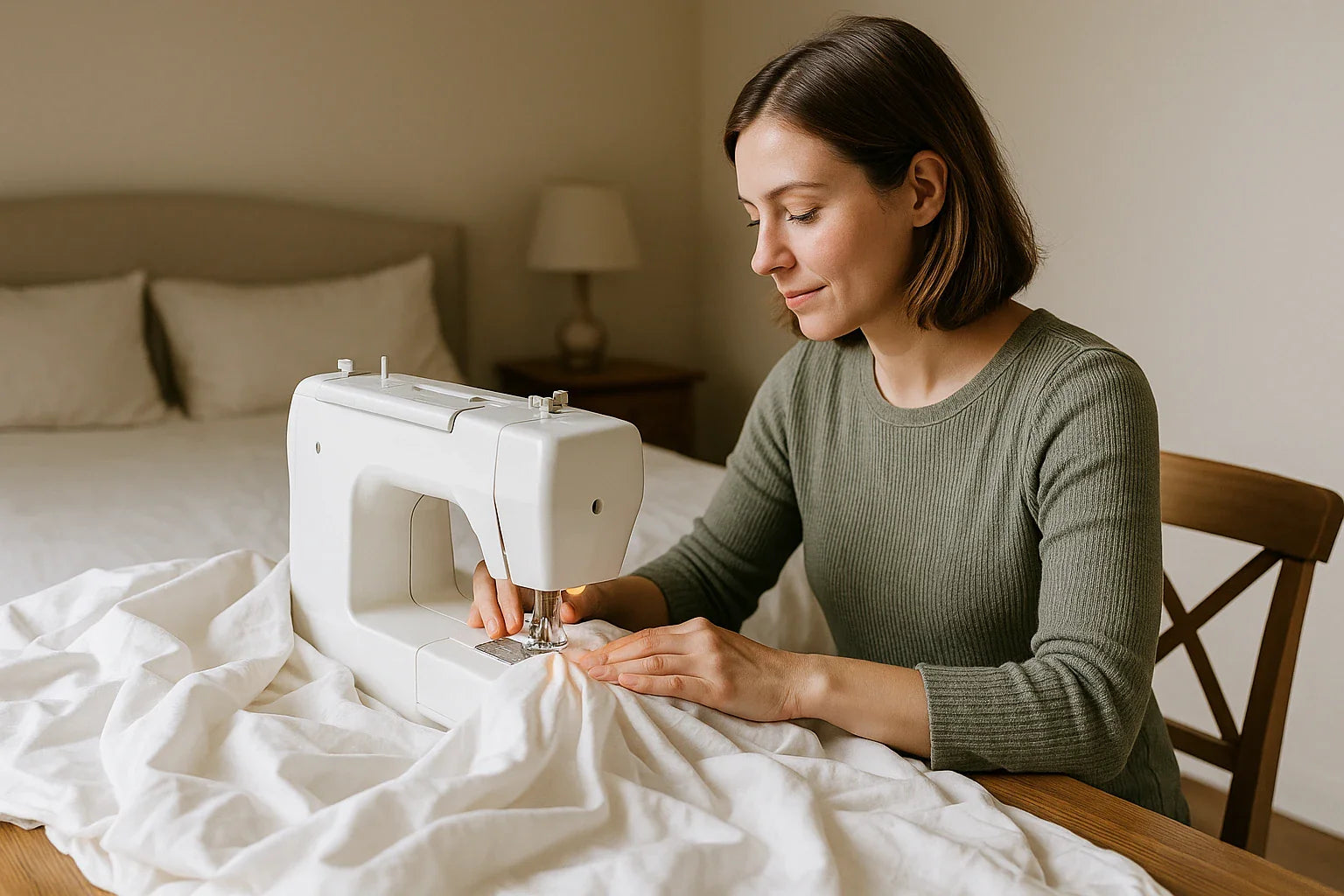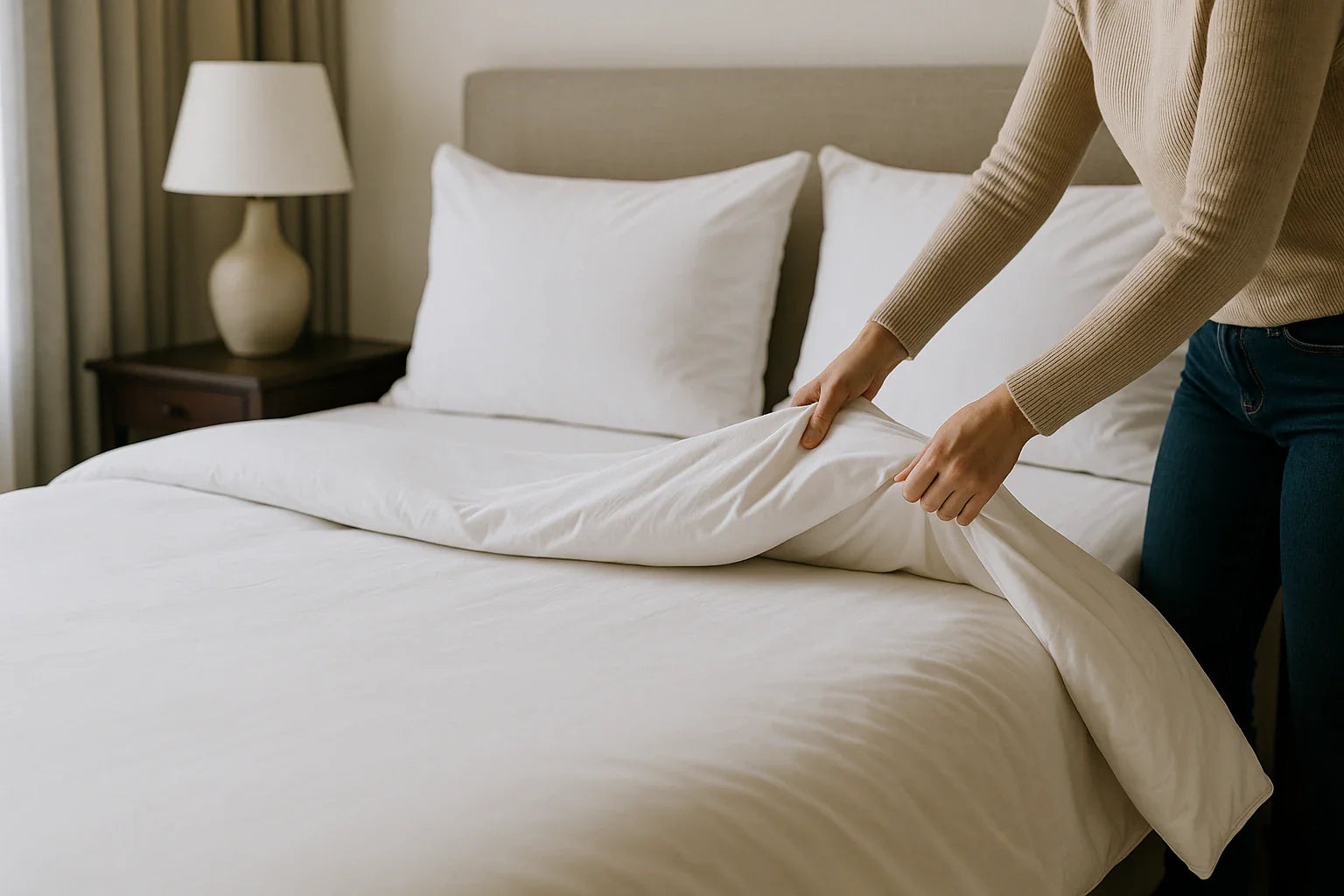Your toddler's transition from a crib to a "big kid" bed is a milestone, but it comes with its own set of challenges. One pressing question on most parents' minds is: how firm should the mattress be? Is there a perfect balance between cushiony dreams and spine-supporting firmness? If these questions are keeping you awake at night, let’s dive deep into the world of toddler mattress firmness.
Firm or Soft Mattress for Toddler: The Big Debate
In the realm of mattresses, firmness levels can range from cloud-like softness to hard-as-a-rock. However, with toddlers, a more moderate approach is often best. A firm mattress offers better support and is generally safer for young children, while a softer mattress might provide extra comfort but can sometimes compromise spinal alignment.
Pro-Tip: Parents often find a compromise with medium-firm mattresses, which offer both comfort and support.
How Firm Should a Toddler Mattress Be?
If we're talking specifics, a medium-firm mattress is generally recommended by pediatricians. This level provides a good balance of spinal support and comfort. On most firmness scales, this falls around 6-7 out of 10, where 10 is the most firm.
Quick Tip: Many brands offer trial periods where you can test out the mattress firmness. Take advantage of this to see what suits your toddler the best.
Why You Need a Firm Mattress for Your Toddler
A firmer mattress offers several key advantages:
- Spinal Support: A firmer surface helps maintain a neutral spine position.
- Safety: Firmer mattresses have a lower risk of suffocation.
- Longevity: Firmer mattresses often last longer than their softer counterparts.
Safety Alert: Always adhere to guidelines set by pediatric and safety organizations like the American Academy of Pediatrics.
Check out Puffy mattress reviews from real customers and see how we compare with other brands.
The Science Behind Mattress Firmness
Understanding the science of sleep can be beneficial when choosing a mattress. Studies indicate that a medium-firm mattress can improve sleep quality by distributing pressure evenly across the body and aligning the spine.
Did You Know?: Sleep experts argue that firmer mattresses can positively affect sleep cycles and improve REM sleep.
Common Mattress Materials and Their Firmness Levels
Different materials offer varying degrees of firmness:
- Innerspring: Generally firmer and bouncy.
- Memory Foam: Can range from soft to firm based on density.
- Latex: Known for medium-firmness with some bounce.
Material Matters: Consider the firmness level of the material as well as other factors like breathability and hypoallergenic properties.
Safety Concerns: The Link Between Mattress Firmness and SIDS
Sudden Infant Death Syndrome (SIDS) is a critical concern for parents. While mostly associated with infants, it's important to note that a firmer mattress can reduce risks of suffocation, thus lowering SIDS risk.
Health Note: Following safety guidelines and consulting with healthcare providers is crucial for the wellbeing of your child.
Conclusion
Navigating the world of toddler mattresses can feel like walking a tightrope, balancing between safety and comfort. However, equipped with the right information and expert insights, you can make an educated decision on how firm your toddler's mattress should be.
Use our store locator to find the closest furniture or mattress store near you and feel the cloudlike comfort of our Puffy Mattress in person.
Remember, sleep is a vital component of your child's development, and choosing the right mattress firmness can set the stage for many peaceful nights ahead.
Note: This is an educational article. View Puffy's current mattress sizes and options.
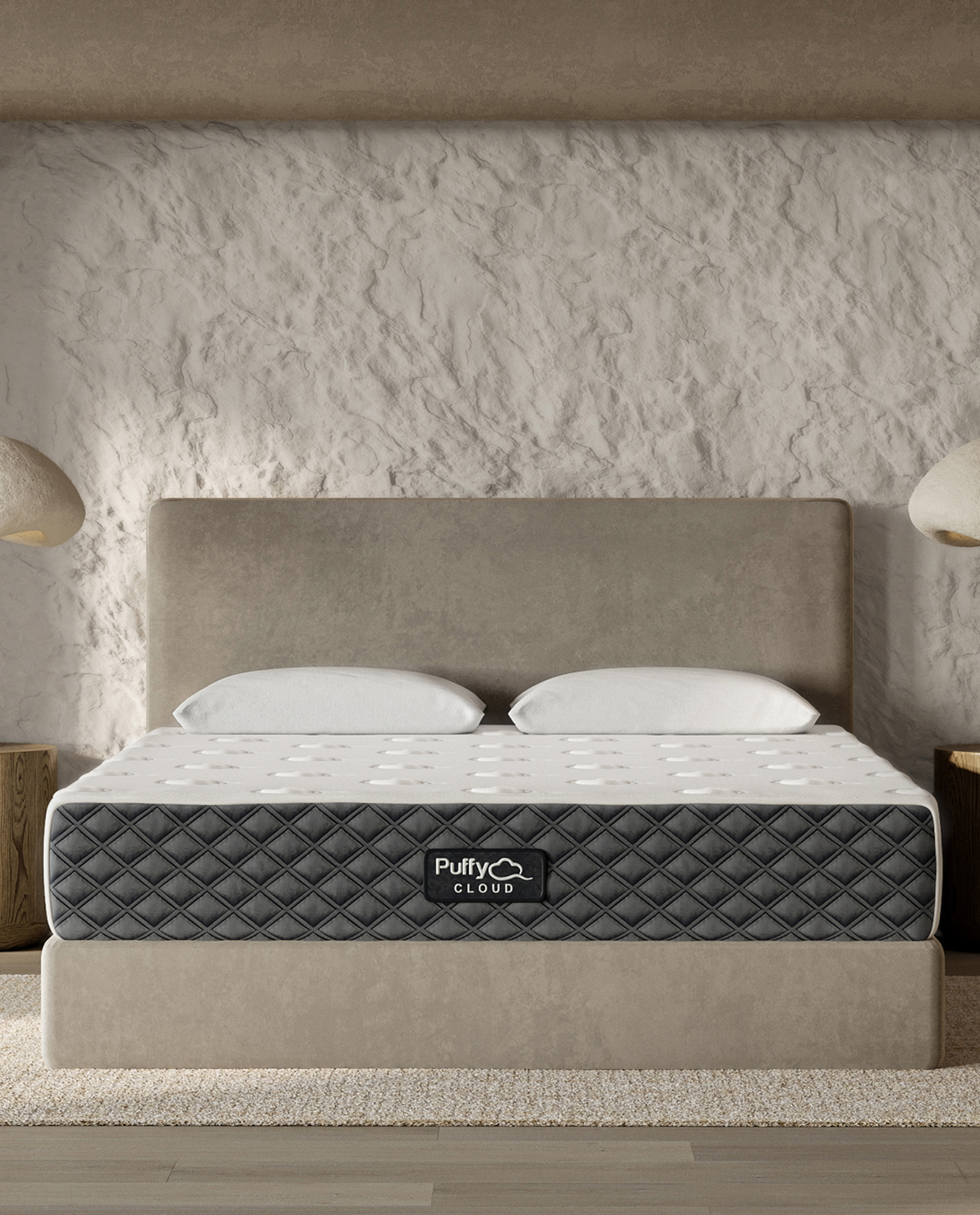
$1,350 in savings
Upgrade your sleep with the Puffy Cloud.
Sink into cloudlike comfort with:
- 6 layers of award-winning luxury.
- Medium-firm feel.
- Responsive memory foam.
- 101-night sleep trial.
